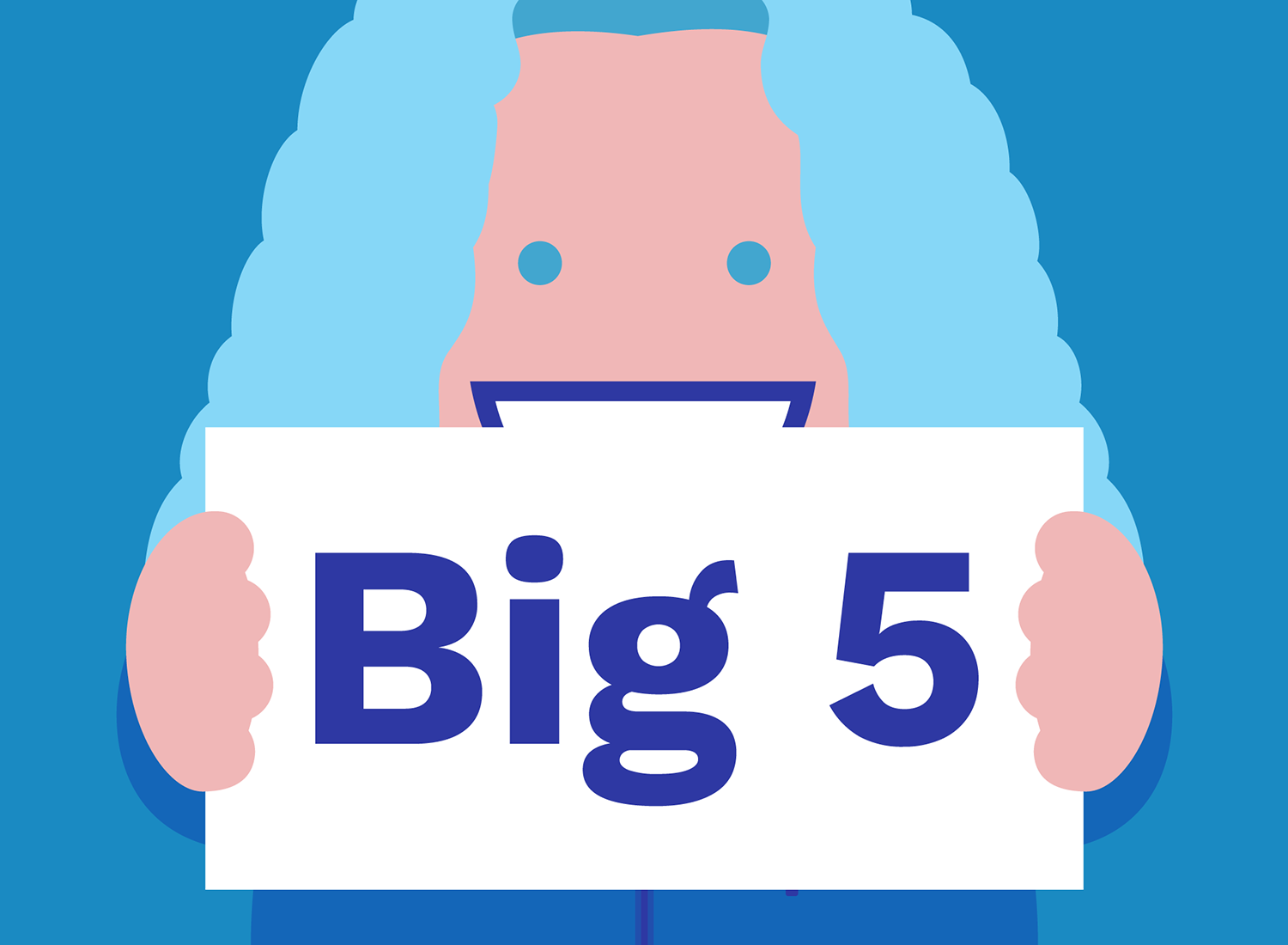barcacel
Vitantiheterodroidsexual Monk-mode MGTOW
-
- Joined
- Oct 16, 2022
- Posts
- 1,906
everyone here knows every user here has autism, but everyone here has an average iq and eq compared to normal autists, every kid in the us will have autism in some years:

https://childrenshealthdefense.org/defender/american-children-autism-cdc-prevalence-estimates/
"At its current rate of growth, many have estimated that, by the year 2030, 1 in 2 American boys — 50% — will be diagnosed with Autism Spectrum Disorder."
https://www.cmsri.org/autism/
here are the 2 main traits of people with autism that have an average emotional quotient (eq) and iq:
more introverted on average (low extraversion), more neurotic (high neuroticism).

 embrace-autism.com
embrace-autism.com
1-People who are low in Extraversion tend to be fairly independent, and do not need a lot of admiration or recognition from others in order to feel satisfied. They tend not to be interested in money or status, and would rather lead a life that is personally pleasing than one that gains them the attention of others.

 www.truity.com
www.truity.com
2-
2-“These personality types tend to be intelligent, humorous, have more realistic (if cynical) expectations, a greater self-awareness, drive and conscientiousness, they take fewer risks, and have a strong need to provide for others,”
"according to research, neurotic people are more likely to be creative thinkers"
"They have more experience handling negative emotions, which, though difficult, can also make them deeper, and facilitate empathy and understanding for other people’s struggles,”
https://childrenshealthdefense.org/defender/american-children-autism-cdc-prevalence-estimates/
"At its current rate of growth, many have estimated that, by the year 2030, 1 in 2 American boys — 50% — will be diagnosed with Autism Spectrum Disorder."
https://www.cmsri.org/autism/
here are the 2 main traits of people with autism that have an average emotional quotient (eq) and iq:
more introverted on average (low extraversion), more neurotic (high neuroticism).

The Big Five | Embrace Autism
The Big Five Inventory-A (BFI-A) gives a measure of an individual’s personality. Higher autistic traits are predisposed to specific personality traits.
1-People who are low in Extraversion tend to be fairly independent, and do not need a lot of admiration or recognition from others in order to feel satisfied. They tend not to be interested in money or status, and would rather lead a life that is personally pleasing than one that gains them the attention of others.

The Extraversion Dimension of Personality
Extraversion describes a person’s inclination to seek stimulation from the outside world, especially in the form of attention from other people. Extraverts engage actively with others to earn friendship, admiration, power, status, excitement, and romance. Introverts, on the other hand, conserve...
 www.truity.com
www.truity.com
2-
Classified as one of the Big Five personality traits, or the OCEAN model (openness, conscientiousness, extraversion, agreeableness, and neuroticism) psychologists look at to define personality, account for individual differences, and predict wellbeing, “neuroticism has to do with the ways people experience negative emotion in response to stress,” says clinical psychologist Kristin Naragon-Gainey, PhD, associate professor of psychology in The University of Buffalo’s Department of Psychology .
“Two people could be faced with the same situation and the neurotic one will put a negative spin on the experience and produce a stronger reaction to stress—with feelings like sadness, anxiety, fear, hostility, irritability, and anger,” Dr. Naragon-Gainey says. Often, their level of worry or sadness isn’t commensurate with what’s actually happening.
“Two people could be faced with the same situation and the neurotic one will put a negative spin on the experience and produce a stronger reaction to stress—with feelings like sadness, anxiety, fear, hostility, irritability, and anger,” Dr. Naragon-Gainey says. Often, their level of worry or sadness isn’t commensurate with what’s actually happening.
"according to research, neurotic people are more likely to be creative thinkers"
"They have more experience handling negative emotions, which, though difficult, can also make them deeper, and facilitate empathy and understanding for other people’s struggles,”
Then there’s the evolutionary standpoint, which explains why neurotic people tend to think ahead and are more likely to be prepared for possible negative outcomes. “The reason we pay attention to negative emotions is because they’re informative of the environment or perceived danger,” Dr. Naragon-Gainey says.
Last edited:







